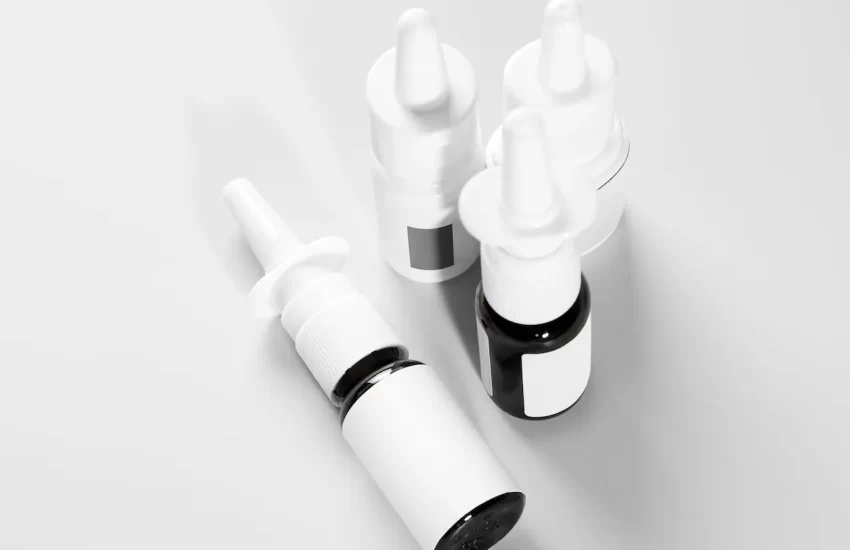Most certainly, someone in your life has started taking action to overcome their esketamine for depression issues. Thank you first of all. I can vouch for the fact that having loved ones’ support affects the procedure. Certainly in my case. Due to this, I wanted to discuss how my family and friends have helped me and how you may help someone else in their esketamine for depression rehabilitation.
But it’s crucial to keep in mind that rehabilitation is a process and won’t always be easy. Instead of attempting to eliminate each sign of your mental health issue, you might find it more beneficial to concentrate on understanding yourself better and finding coping mechanisms. Your definition of recovery will be unique to you, but for the majority of individuals, living the life you desire is what matters most.
How Anyone Can Help Someone in Esketamine for Depression Recovery
It could take a few tries to find the ideal combination of strategies to help the person in your life while they recover from esketamine for depression . Although each person is unique and has various needs, I attempted to choose some that are very widely applicable.
Even if you have a more severe esketamine for depression issues, you can still learn how to control your symptoms. Recovery for many people doesn’t necessarily entail returning to your previous way of life, but rather discovering new ways to live your life the way you want to and taking control of areas of your life that may have previously been out of your control.
1. Allow the person some room.
When I say give the person space, I mean the freedom to attend counselling sessions, attend support group gatherings, or engage in other activities that will aid in the recovery of their mental health. Early on in my recovery, I particularly valued my partner’s compassion and allowance of me the time and space to attend peer support meetings.
2. Spend some time getting to know what they’re dealing with esketamine for depression
This is advantageous to both you and the individual you’re assisting, whether you’re learning about their spravato esketamine symptoms or general information about it. You’ll be better informed, and it’s likely to make that person feel more at ease and like they can come out in the open.
3. Observe their restrictions
Boundaries may be established for a variety of reasons, such as avoiding topics that are triggers, avoiding uncomfortable circumstances, or avoiding issues that the individual does not want to discuss. Don’t push things. Although I value the help of others in my life, I nonetheless set boundaries to safeguard my advancement.
4. Find out what you can do to assist them in regaining their esketamine for depression
This one might not provide a clear answer or path of action right away. That’s because it might be challenging to express our needs when in recovery. I absolutely have trouble conveying things like this since there are times when I just don’t know. Asking, though, goes a long way and demonstrates your concern for their assistance.
It’s not easy, but it is possible to support esketamine for depression recovery.
I sincerely hope that this has given you the head start you need to support someone in their recovery from mental illness. While not always simple or without difficulties, supporting mental health recovery and the individual working toward it is definitely doable. I’m confident you can succeed because you’re making the effort to learn more about it.
Healthier individuals tend to be those with strong social or family ties as opposed to those with no such network. Plan events with empathetic family members and friends, or look for opportunities to socialize with new people at a club, class, or support group.
Treatment for mental illness is different from recovery from it. With or without spravato esketamine concerns, recovery is being able to build, lead, and contribute to a meaningful life. ‘Personal recuperation’ is another name for this.
Conclusion
The process of recovering from spravato esketamine entails getting well, identifying your strengths and shortcomings, and building a fulfilling life for yourself. With the proper support, the majority of those who are diagnosed with a mental illness recover. You can recuperate with a variety of services, and each person will require a distinct set of services. Everyone who has mental health concerns has one thing in common: the sooner you seek help and treatment, the higher your chances of recovery.
